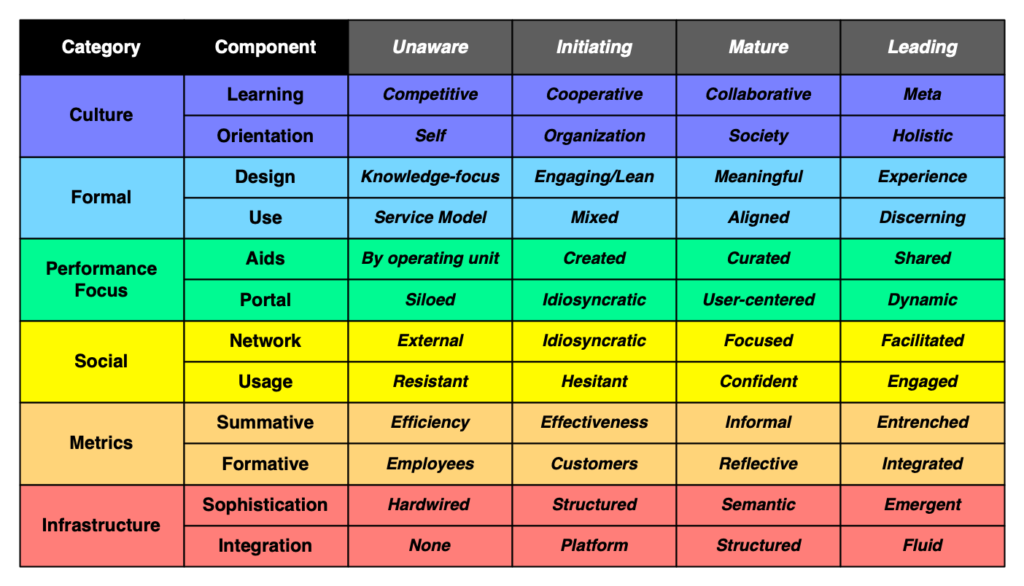This is the second of four posts where I’m talking about the next step beyond trivial engagement. Here I talk about some tips ‘n’ tricks that help us take our learning designs deeper in meaning.
And, as always, the text.
This is the second post about how to ‘make it meaningful‘. I talked about some tricks to maintain engagement in the previous one, and here I want to talk about what this means for the elements of learning. Here, I‘ll talk about story, challenge, exaggeration, and humor.
First, a good experience has the characteristics of a lived story. To me, there are three major components: goal, role, and world. The goal is what the learner needs to achieve. (We choose this so that the learner won‘t achieve it unless or until they understand the necessary elements.) The role is the character that the learner is playing in trying to achieve this goal. They should be aligned. And the world is the context in which this is happening. The fantasy wrapping. Again, alignment.
The challenge to actually achieving the goal is important as well. This is what leads to learning and engagement. The alignment between Csikszentmihalyi‘s Flow and Vygotsky‘s Zone of Proximal Development lets us know that there‘re two extremes: ‘so difficult as to be frustrating‘ and ‘so easy as to be boring‘. In between is where learning, and engagement, happen. This increases as the learner‘s abilities do.
Another element to keep things from being boring is some exaggeration. That is, most of life is mundane, but our work is challenging. In the learning experience, however, what would seem challenging at work seems mundane because there is nothing really at stake.
Thus, we can exaggerate: let‘s not work on just a patient, but the rebel leader‘s daughter, or not just a business deal, but the one that will save the company! And, typically, we keep this down to about one level above real life, to not violate the willingness to suspend disbelief.
Finally, we can talk about humor. It‘s challenging to do, as it can be culturally specific, but appropriately applied humor can build trust and safety, and support greater exploration. And, if we realize business is a culture, we find some universals we can leverage. Timing matters, too, not just in the ‘letting a joke land‘ sense, but where and when humor‘s appropriate.
There‘s more, but these tips ‘n’ tricks are typically missed opportunities. There‘re more details to this, of course. And, if you‘re interested in the more, I‘ll encourage you to sign up for the workshop. This is the topic of the second week! Of course, it‘s a full workshop, so in addition to the content, we‘ll have live sessions to workshop some ideas and discuss what we‘ve done, and assignments with personal feedback. Hope to see you there! More in my next post.
All posts in the Make It Meaningful series:
First: Hook
Second: Tips’n’Tricks
Third: Elements
Four Process

